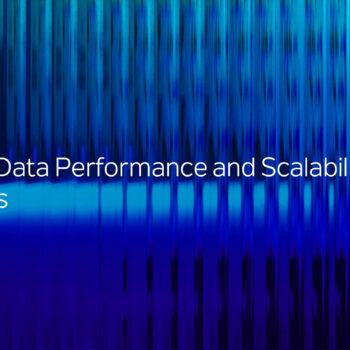
The Transformative Power of Event Streaming in the Insurance Industry
- Posted by Adham Jan
- On November 14, 2023
In an era where data reigns supreme, industries across the board are harnessing the power of innovative technologies to enhance operations and drive unprecedented growth. Among these transformative technologies, event streaming stands out as a game-changer, particularly in the insurance sector. Event streaming, which involves capturing and processing real-time data events as they occur, offers a myriad of advantages that are revolutionizing the way insurance companies operate, make decisions, and serve their customers.
Let’s delve into how event streaming benefits the insurance industry:
1. Real-time Risk Assessment and Fraud Detection
Insurance is fundamentally about managing risk. Event streaming empowers insurers to assess risks in real time by continuously analyzing incoming data streams. This allows for more accurate risk assessment models, which can adapt swiftly to changing circumstances and provide insurers with a comprehensive view of potential risks. Furthermore, by leveraging machine learning algorithms on streaming data, insurers can detect fraudulent activities as they happen, mitigating losses and improving overall security.
2. Enhanced Customer Experience
A key aspect of insurance is delivering an exceptional customer experience. Event streaming enables insurers to gain deeper insights into customer behavior and preferences by analyzing real-time data from various touchpoints such as websites, mobile apps, and call centers. By understanding customer needs in the moment, insurance companies can personalize offerings, provide timely assistance, and tailor their services to meet individual requirements, thereby improving customer satisfaction and retention.
3. Accelerated Claims Processing
Claims processing is a critical area where event streaming can make a significant impact. By analyzing incoming data streams related to claims, insurers can automate and expedite the processing of claims. Real-time analysis helps in verifying claim legitimacy, assessing damages promptly, and expediting payments, leading to faster settlements and increased customer trust.
4. Dynamic Pricing and Product Innovation
Event streaming allows insurers to collect and analyze vast amounts of real-time data related to market trends, customer behaviors, and risk factors. This data-driven approach enables companies to dynamically adjust pricing models based on current market conditions and customer profiles. Moreover, insurers can swiftly develop and launch innovative insurance products tailored to emerging needs, as they can quickly identify gaps in the market and respond with agility.
5. Operational Efficiency and Predictive Maintenance
Efficiency is paramount in the insurance sector. Event streaming helps optimize operations by providing real-time insights into internal processes, allowing for immediate identification and resolution of bottlenecks or inefficiencies. Additionally, insurers can employ predictive maintenance models by continuously monitoring data from IoT devices installed in insured properties, vehicles, or assets. This proactive approach minimizes risks, reduces losses, and enhances overall operational efficiency.
Conclusion
Event streaming technology is revolutionizing the insurance industry by enabling real-time data analysis, enhancing risk management, improving customer experiences, and fostering innovation. Insurers leveraging event streaming gain a competitive edge by being more responsive to market changes, offering personalized services, and streamlining operations. As the insurance landscape continues to evolve, embracing event streaming will remain pivotal for companies striving to stay ahead in an increasingly dynamic and data-centric environment.




